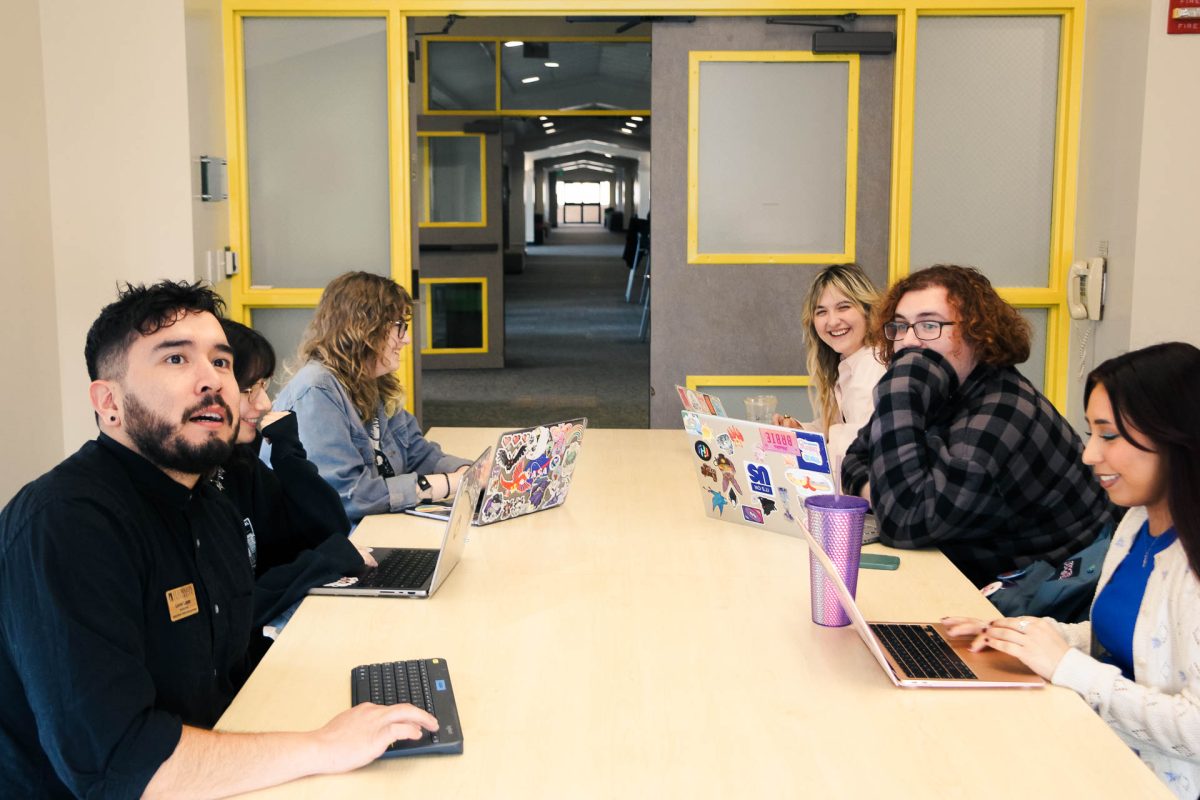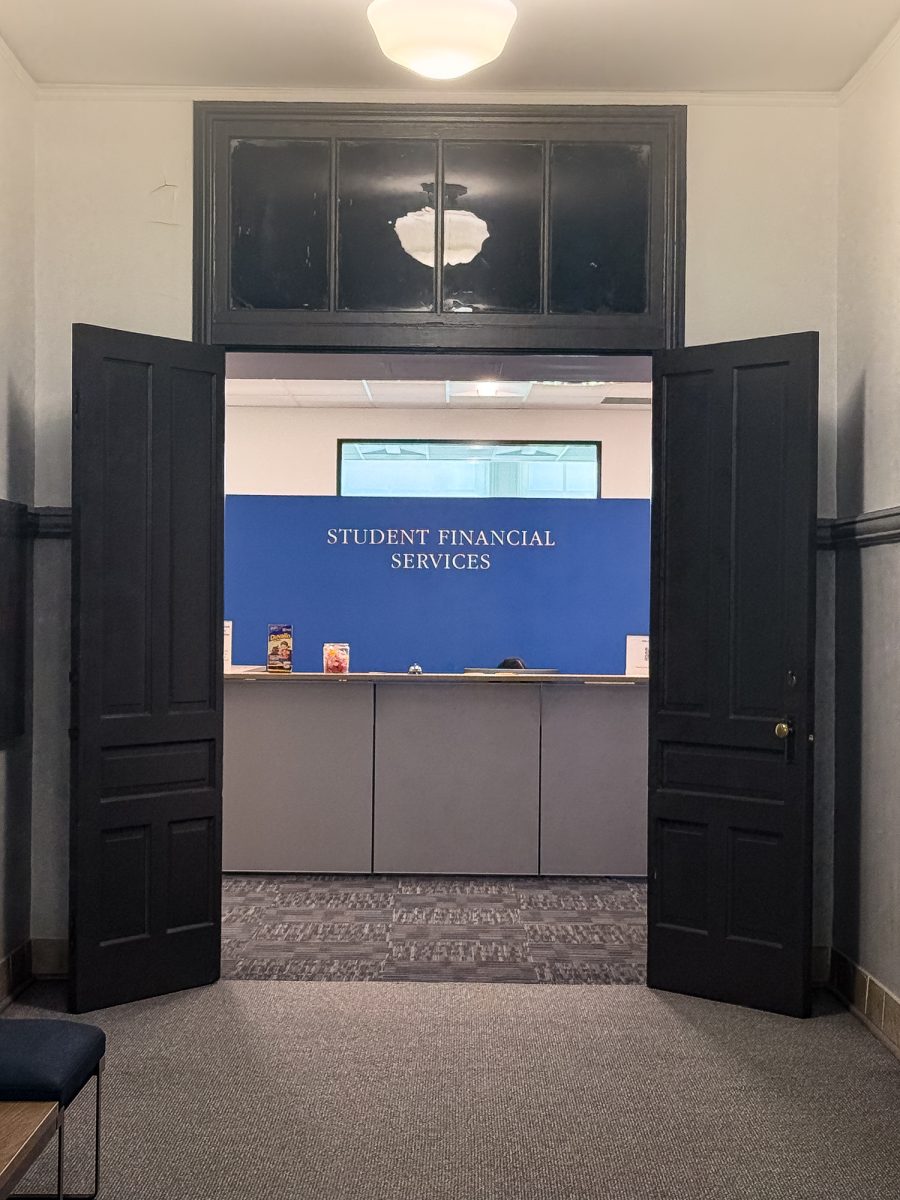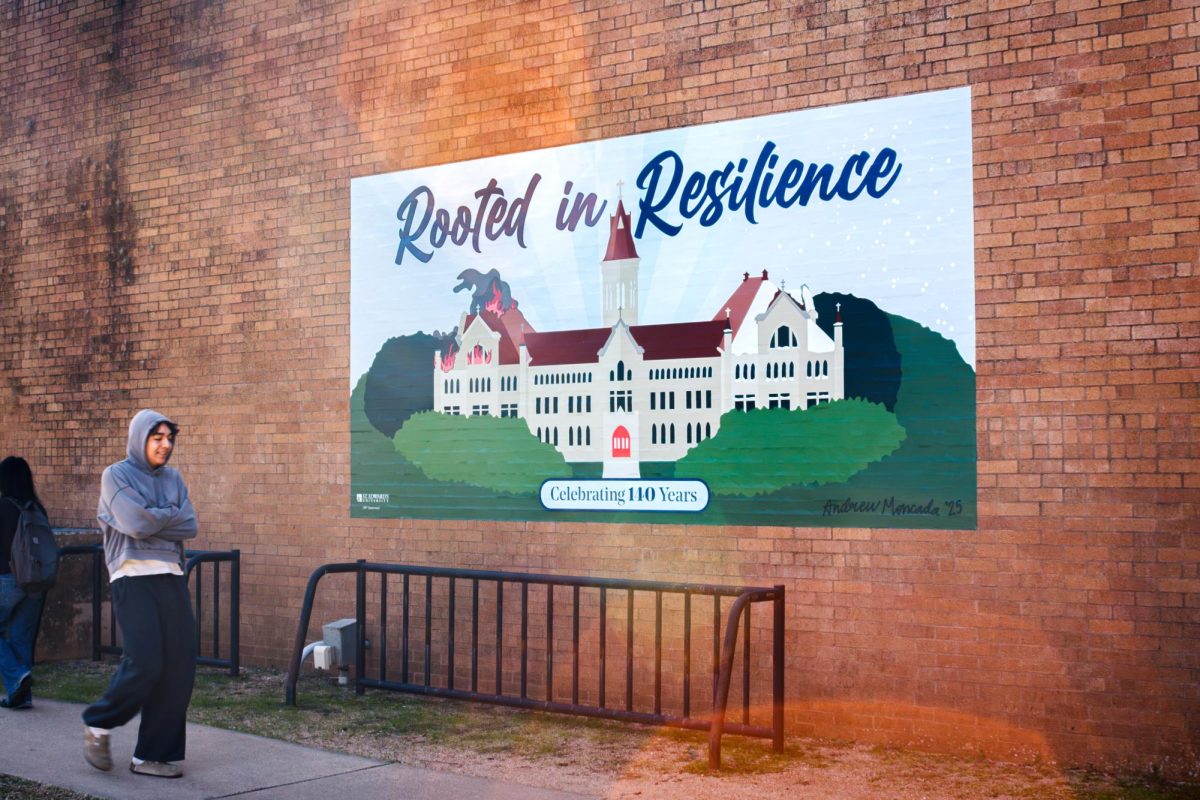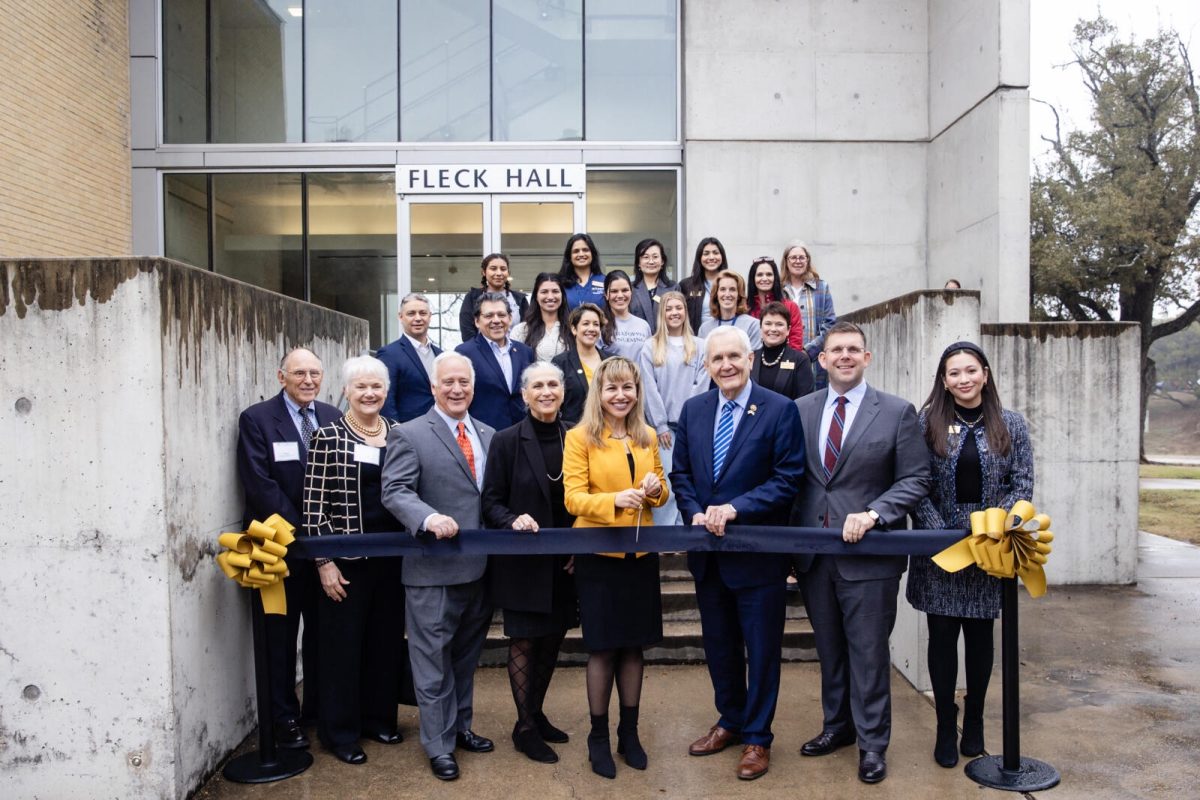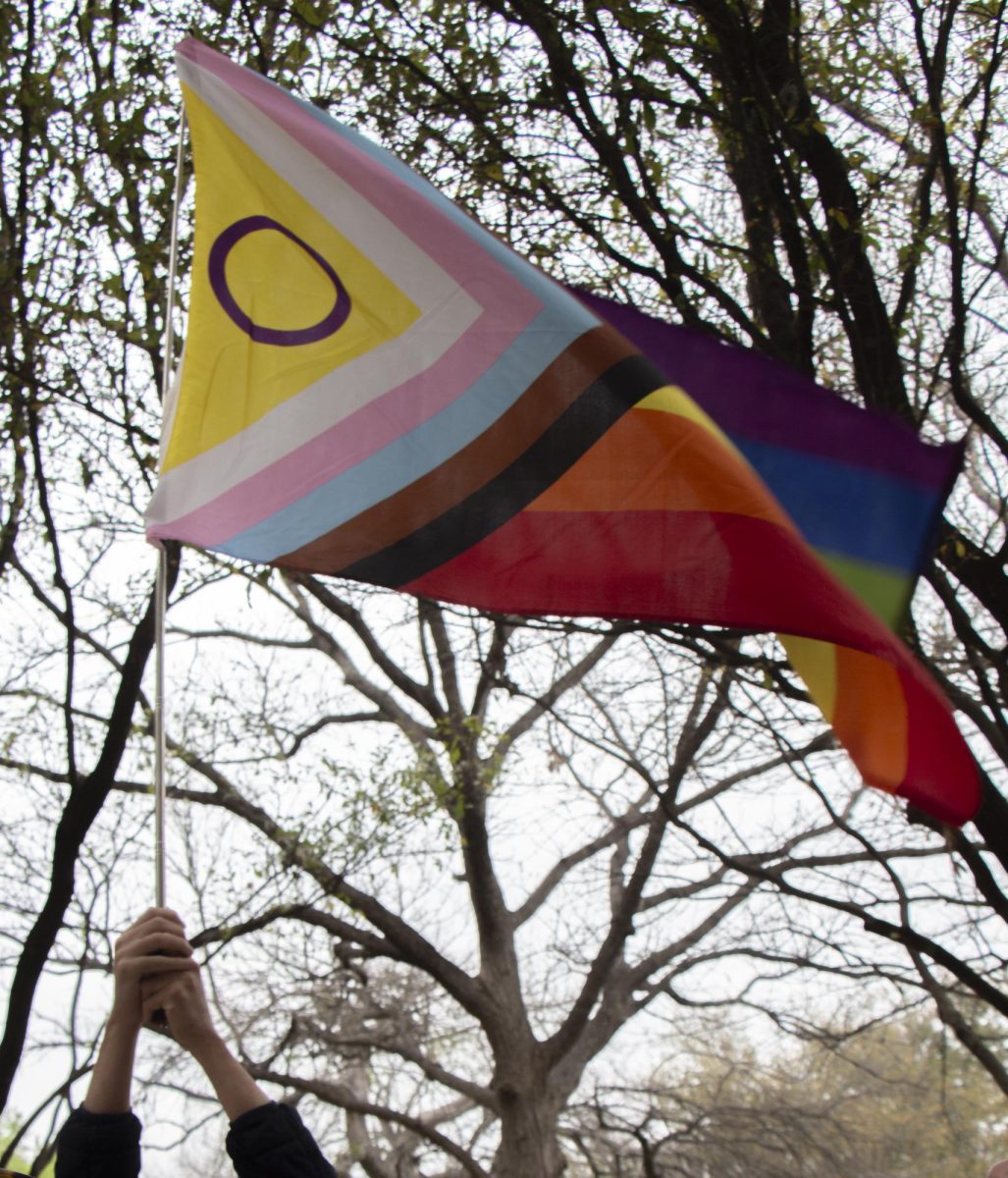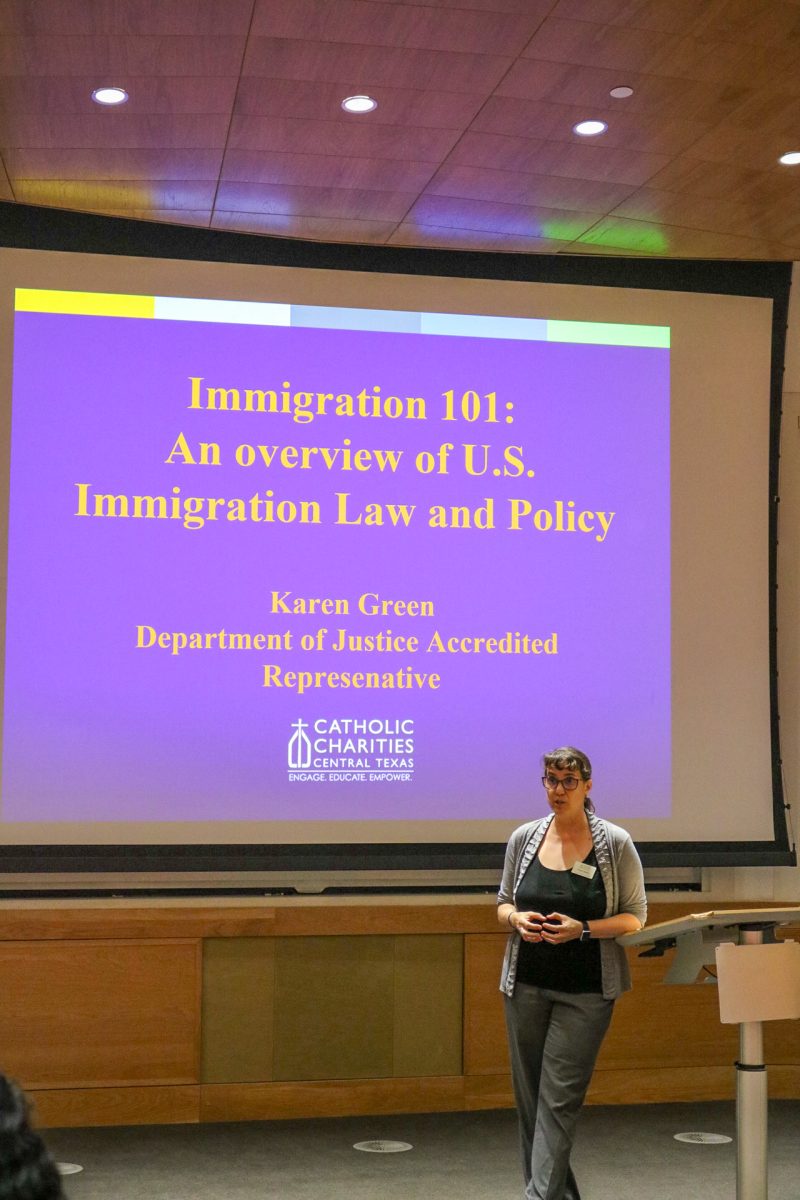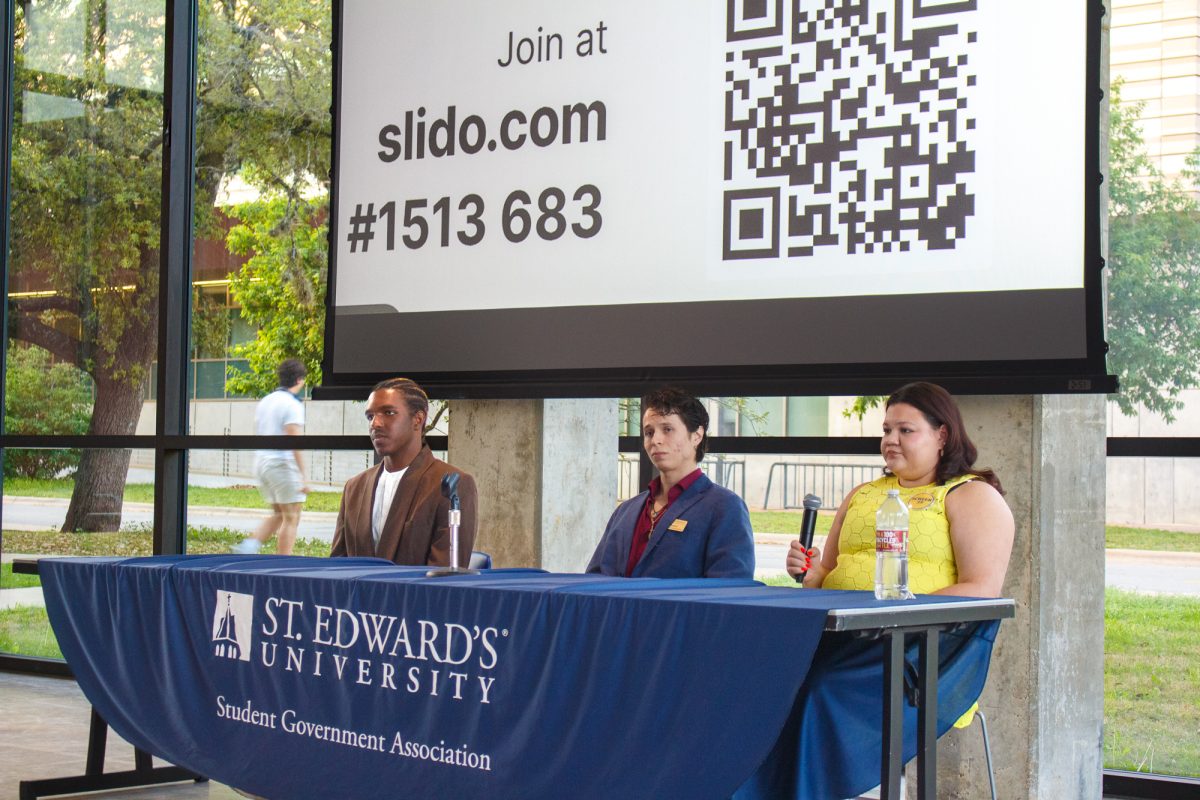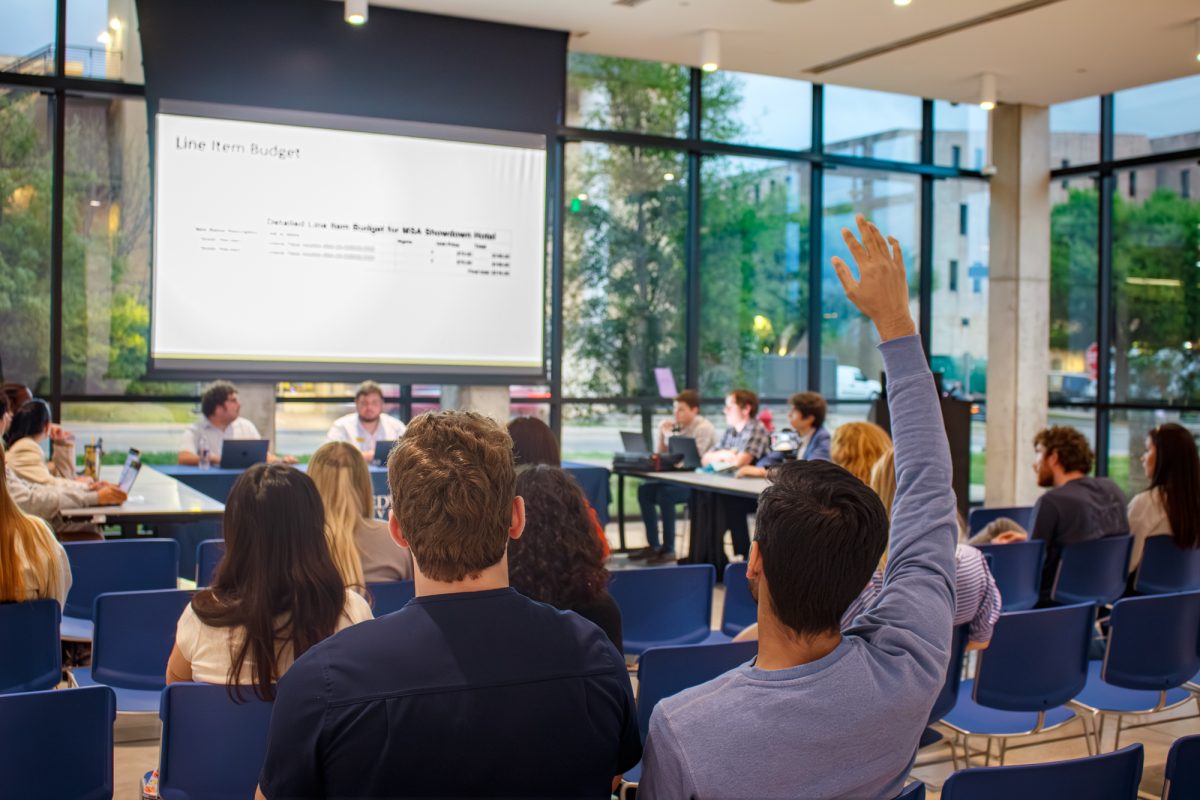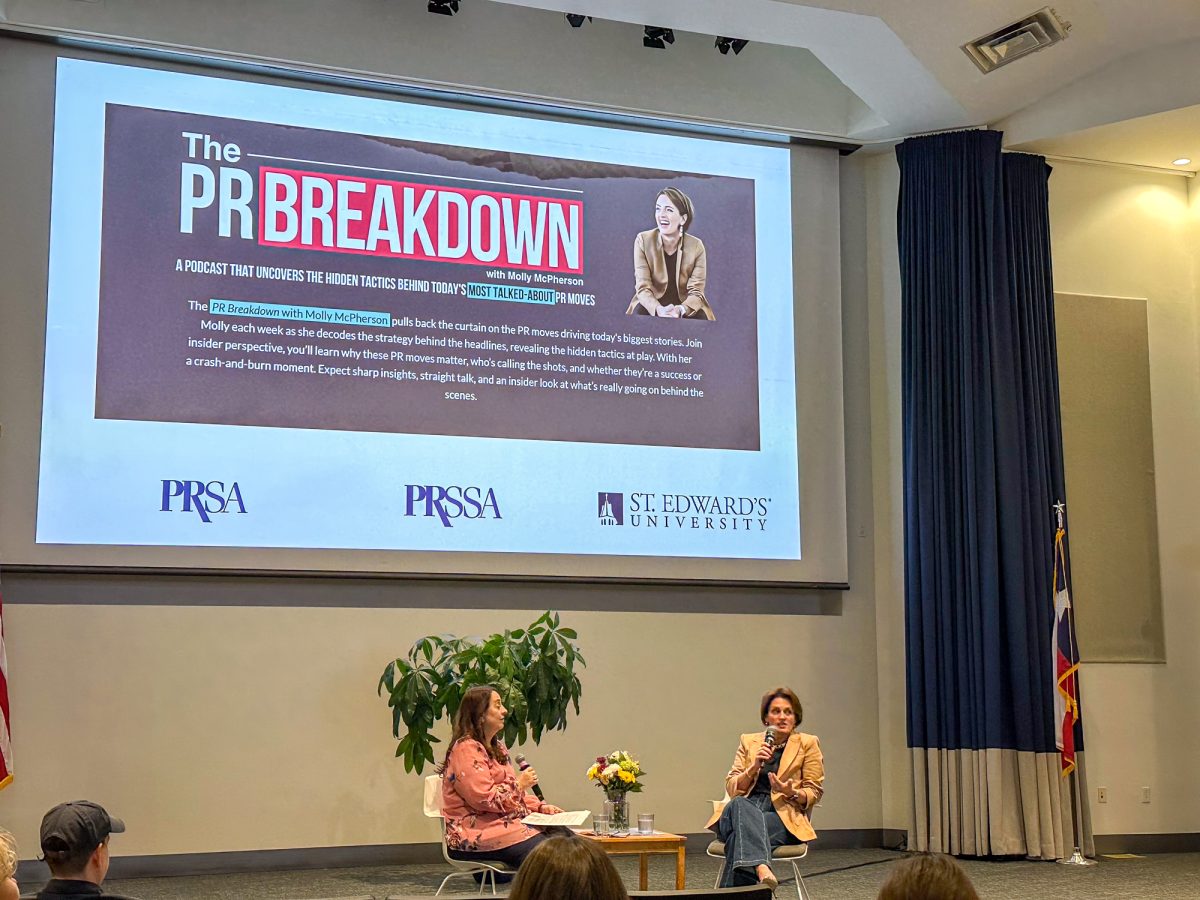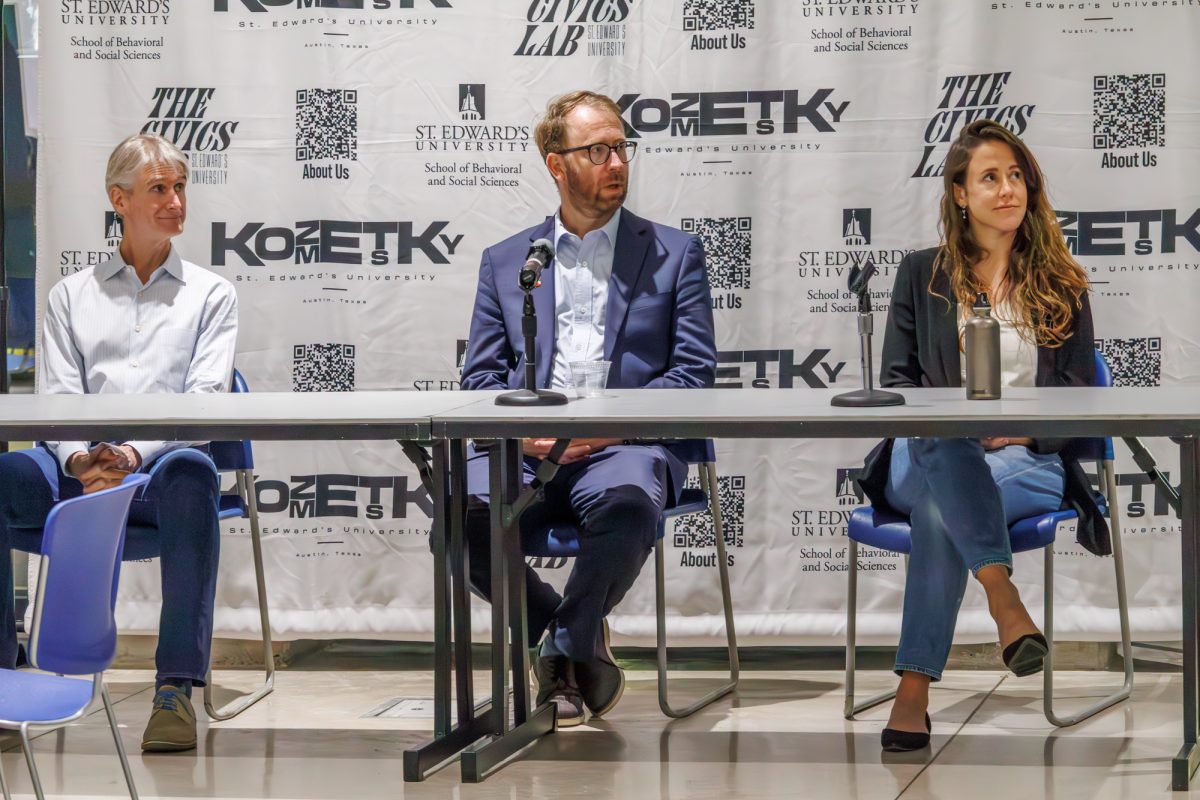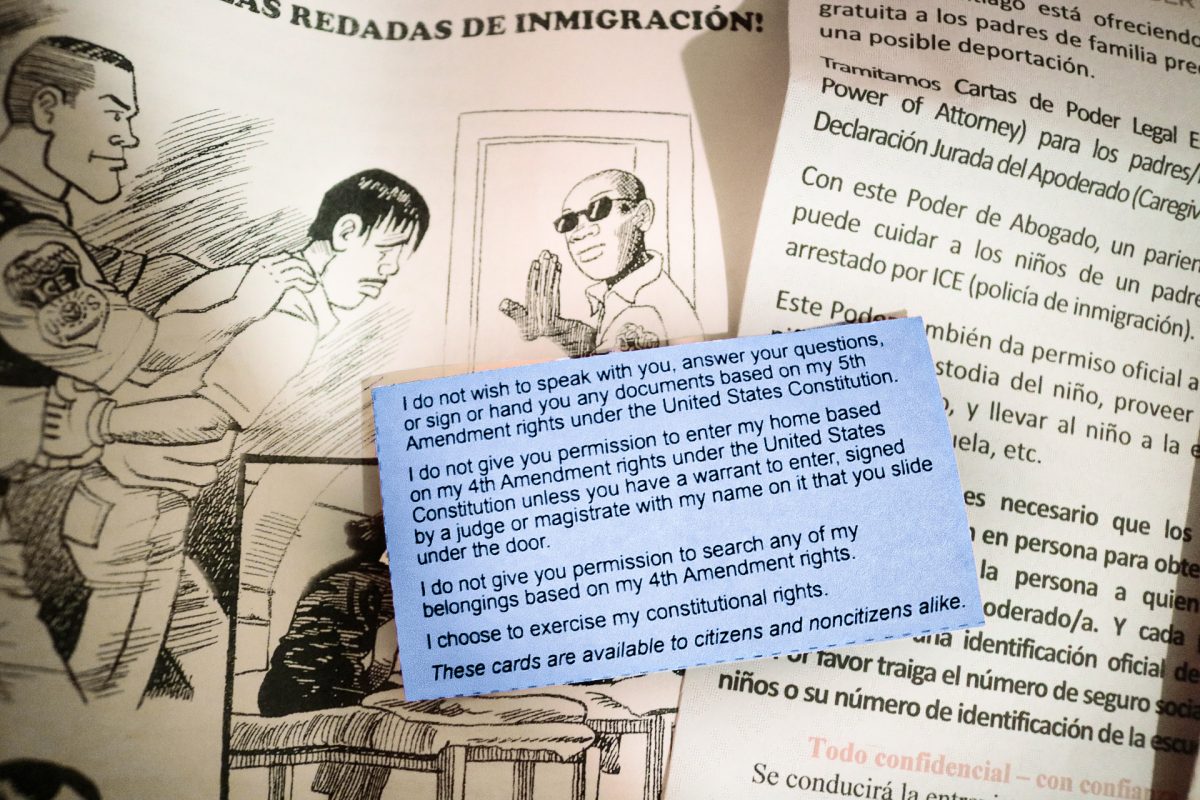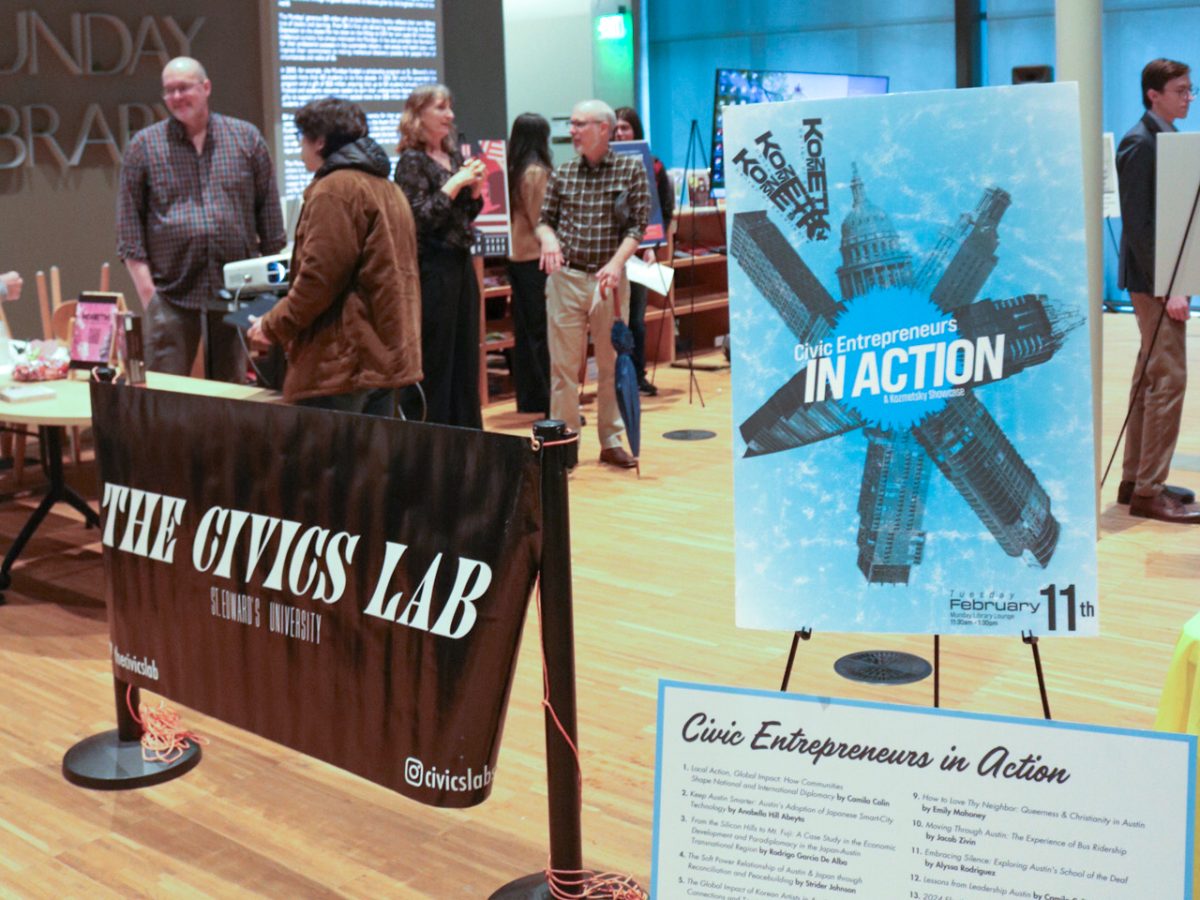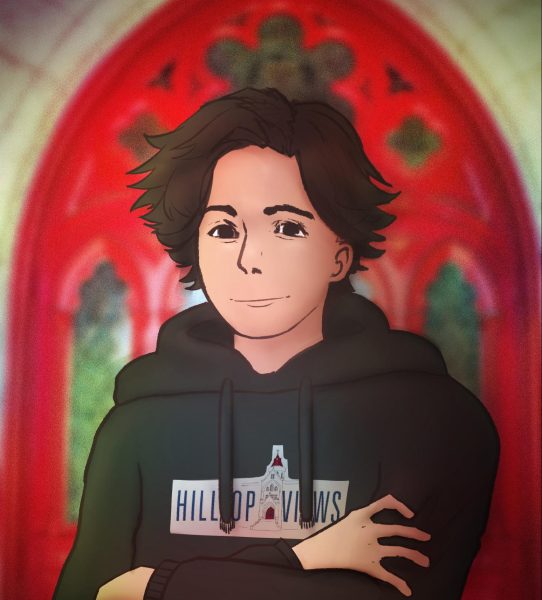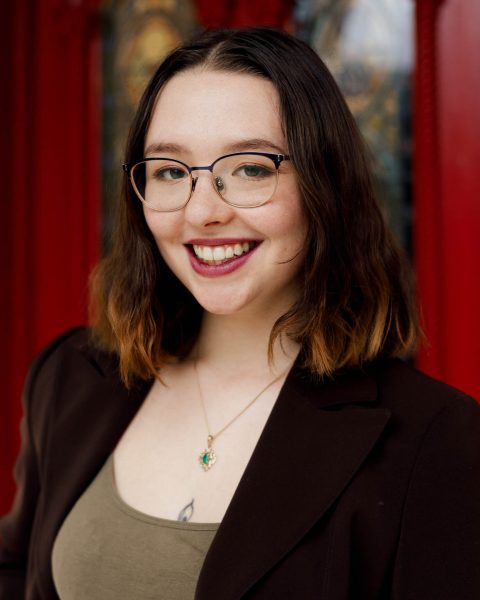Senate Bill 17, a new legislation that bars state-funded institutions from having diversity, equity and inclusion offices, went into effect at the start of this year. Universities state-wide are already seeing changes implemented, and students at St. Edward’s University voice concerns.
“(The bill) feels regressive,” senior Jose Sanchez Quiroz said. “Some people may think these offices are regressive because you’re separating students by race, but not really. Some students feel alone; it may be their first time ever in college — first-gen students — so with those types of offices they see themselves in the workers there, in other students there. They can ask for help from other students and upperclassmen.”
At St. Edward’s, the Office of Student Belonging and Inclusive Excellence, formerly known as the Office of Student Diversity and Inclusion, has been renamed.
“I think it’s disheartening,” sophomore Mariana Forero said. “I hope that somehow, someday, SB17 is able to be repealed and that these institutions can have these offices again, and they can have these spaces to educate others and be more welcoming and inclusive.”
Diversity, equity and inclusion offices aim to support marginalized students, as well as create a welcoming and respectful community. At St. Edward’s, opportunities for students to get involved and feel welcomed are still offered through student-led programs like Queer Mentorship, LGBTQ Ally Training and Redefining Me(n).
St. Edward’s University released the following media statement to Hilltop Views in response to requests for an interview with administration regarding diversity, equity and inclusion on campus:
“St. Edward’s University is an independent Catholic university fulfilling the Holy Cross mission that welcomes and educates qualified students of all ages, backgrounds and beliefs including underserved and underrepresented student populations,” the statement reads. “St. Edward’s abides by all state and national laws pertaining to the operations of private, four year universities while maintaining a steadfast commitment to the university’s mission and Strategic Plan 2027.”
At the University of Texas at Austin, the city’s largest public university, the Multicultural Engagement Center closed at the start of this year. UT also had to rename their Division of Campus and Community Engagement, formerly known as the Division of Diversity and Community Engagement.
“I’m just wondering now for students of color who are in public universities where their safe spaces will be,” senior Michelle Ramirez said. “I’m not sure how they expect students of color or from marginalized communities to continue to be in these institutions.”
Other private institutions across the state, like Trinity University and Rice University, remain involved in discussions of the new legislation and its impact. Trinity University recently held an open conversation on campus to educate students on the parameters of SB17.
“I think it would be interesting to do something like that (at St. Edward’s) because I think educating people about this kind of thing is important,” Forero said. “I know that there are a lot of people that haven’t even heard of SB17; don’t know what its impact is. So, I think it would be interesting for a lot of people to know and also discuss what it means and for people to get a greater idea as to what it entails and why it’s so important to be talking about it.”
At Rice University, Rice Pride began discussing the possibility of offering honorary memberships to students at public universities in response to SB17. This student-led initiative would allow students not enrolled at Rice University to use resources within Rice’s Queer Resource Center.
“I think it’s really important that we have these discussions (and) that we’re able to talk about it freely and that institutions are able to help individuals, especially during this time in college when it’s such a formative time in your life,” Forero said. “You’re still figuring out who you are, what you wanna do, and like these spaces are meant to help you in certain aspects of that.”


